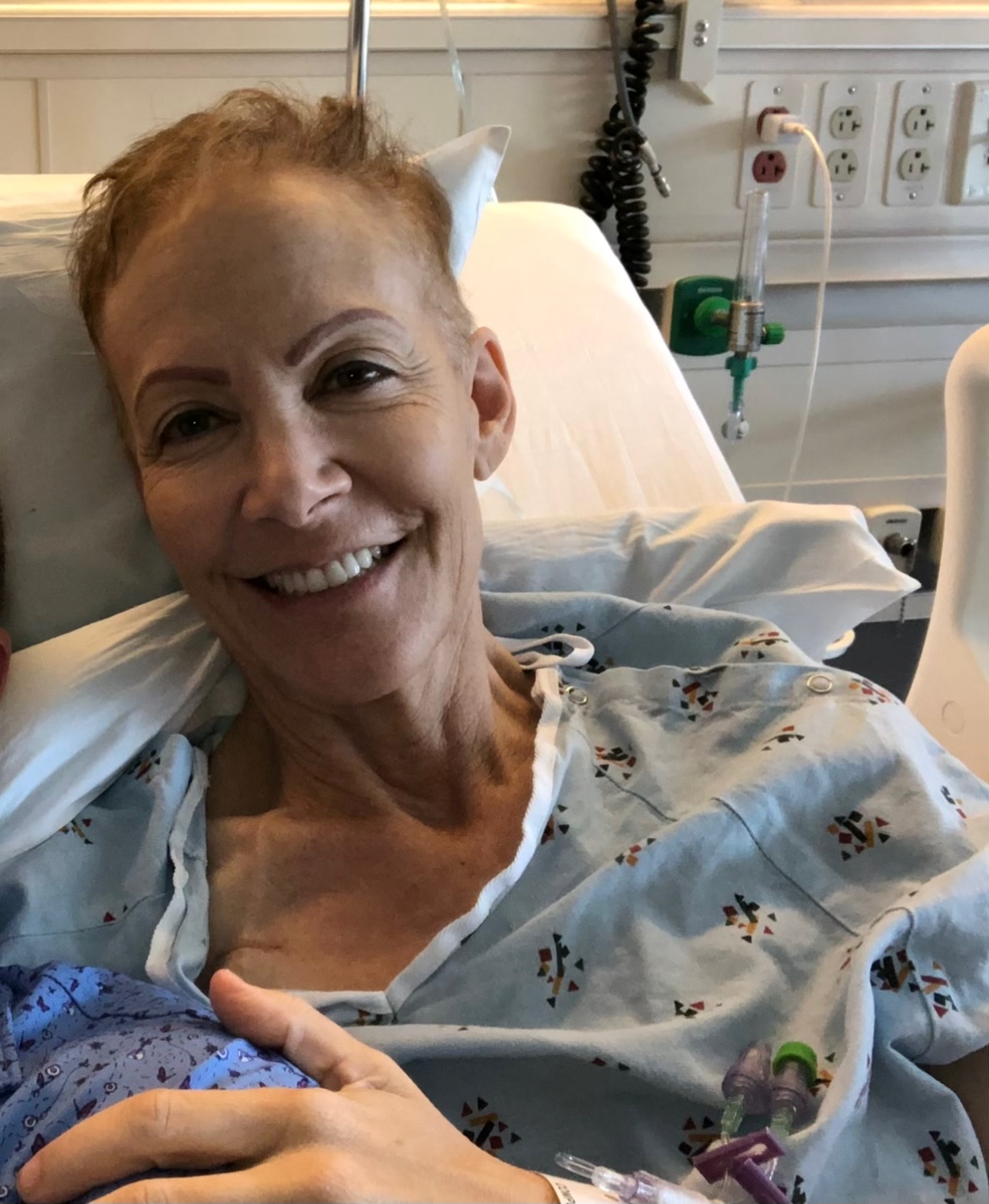Nevada Governor Lombardo Becomes Only U.S. Governor to Veto Medical-Aid-in-Dying Bill, Failing Terminally Ill Nevadans
Jun 5, 2023
Dying Mom Expresses Deep Disappointment at Governor’s Veto
(Carson City, Nev.) Governor Joe Lombardo failed Nevadans today by vetoing the End of Life Options Act (SB 239) that would allow terminally ill adults in the state to have the option of medical aid in dying to peacefully end unbearable suffering.
An overwhelming 82% of Nevadans support medical-aid-in-dying legislation. Nearly four out of five voters with disabilities (79%), Republicans (78%), Democrats (76%), Catholics (77%), and Protestants (80%) said they personally wanted the option of medical aid in dying if they had an incurable, terminal illness, according to an April survey of 600 registered Nevada voters.
“Despite these record-high poll numbers in support of medical aid in dying, thousands of phone calls, petitions and emails Gov. Lombardo refused to meet with bill supporters before becoming the first governor to veto a medical-aid-in-dying bill,” said Kim Callinan, president and CEO of Compassion & Choices Action Network. “Nevada’s motto is ‘don’t fence me in.’ Gov. Lombardo did not fence in healthcare options for pregnant people when he signed a bill to protect their reproductive rights and bodily autonomy, but then he flip-flops and vetoes an end-of-life care option for terminally ill adults and violates their bodily autonomy. He’s also ignoring the will of the people by vetoing this bill. As a result, terminally ill Nevadans like Lynda Brooks-Bracey won’t have the option of medical aid in dying to gently end intolerable suffering.”
“Gov. Lombardo’s veto statement claimed that ‘expansions in palliative care and continued improvements in advanced care pain management make the end-of-life provisions in SB 239 unnecessary.’ But multiple hospice and palliative care providers have testified that this claim is simply false,” Sara Manns, Nevada campaign director for Compassion & Choices Action Network. “His decision to veto this bill effectively puts him in the exam room with terminally ill patients, interfering with their decisions about end-of-life care and preventing them from dying on their terms when their suffering is intolerable. Lynda even wrote an open letter to Gov. Lombardo inviting him to visit her at her home at the end of her life, but he failed to respond to her generous offer. He vetoed this bill without ever talking to the people it will immediately impact or meeting with policy experts who have worked on this issue for decades.”
Lynda Brooks-Bracey, a 57-year-old Las Vegas mom of four, dying of metastatic pancreatic cancer, had been using her final days to advocate for lawmakers to pass the End of Life Options Act. The bill would allow terminally ill Nevada adults with six months or less to live the option to request and receive a prescription for medication that they could decide to take to end unbearable suffering and die peacefully.

Lynda Brooks-Bracey
“Governor Lombardo has failed to provide relief for dying Nevadans like me who wanted all the medical options this bill provided,” said Lynda. “It’s sad to me and my family that our governor did not allow his terminally ill constituents
to be heard, despite the 82 percent support.”
The governors of six other states that previously passed a medical-aid-in-dying bill via the legislature signed it into law, including California,
Hawaii, Maine,
New Jersey, New Mexico, and
Vermont. Four other states have authorized medical aid in dying via ballot initiative (Colorado, Oregon and Washington) or a state Supreme Court ruling (Montana).
Eleven jurisdictions have authorized medical aid in dying, including 10 states, California, Colorado, Hawaii, Maine, Montana, New Mexico, New Jersey,
Oregon, Vermont, and Washington, as well as Washington, D.C. Collectively, these 11 jurisdictions represent one out of five U.S. residents (22%) and have decades of combined
experience successfully implementing this medical practice, starting with Oregon in 1997.
About Compassion & Choices and Compassion & Choices Network
The Compassion & Choices family comprises two organizations: Compassion & Choices (the 501(c)(3)), whose focus is expanding access, public education and litigation; and Compassion & Choices Action Network (the 501(c)(4)), whose focus is legislative
work at the federal and state levels.
Paid for by Compassion & Choices Action Network.
CompassionAndChoices.org/Nevada
Contact:
Patricia A. González-Portillo, 323-819-0310, [email protected]
Sean Crowley, 202-495-8520, [email protected]
###


